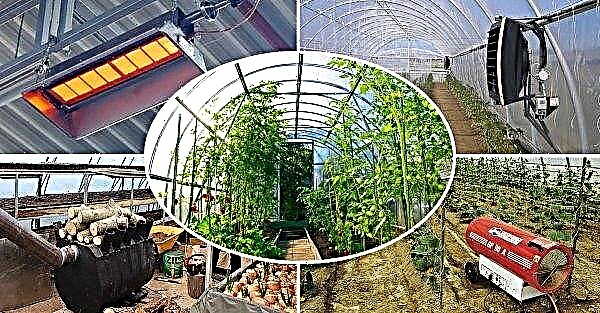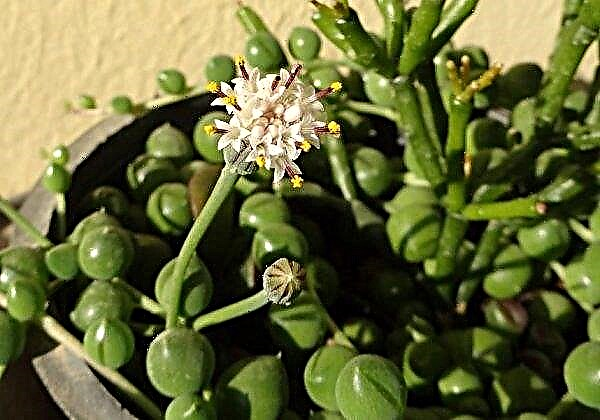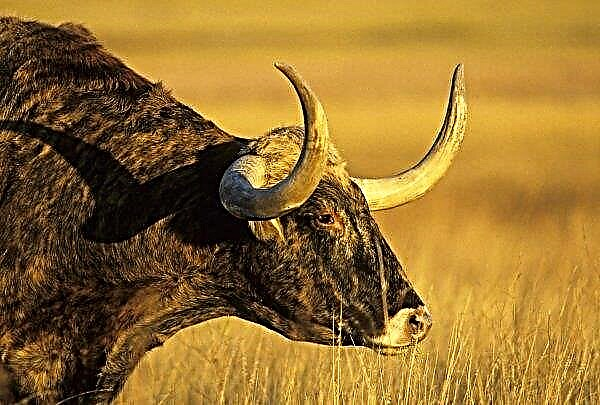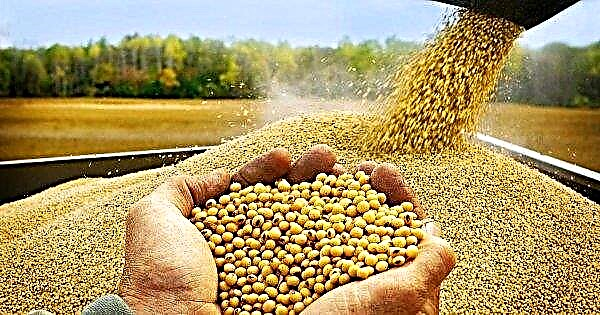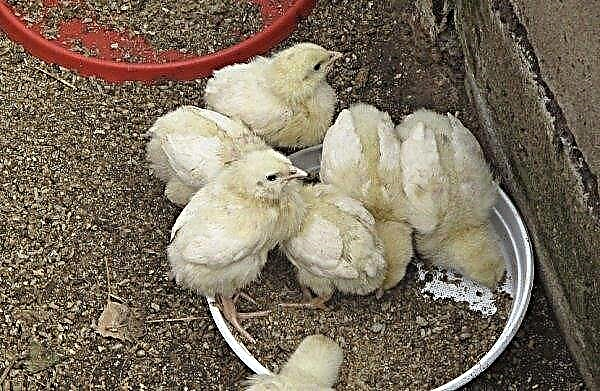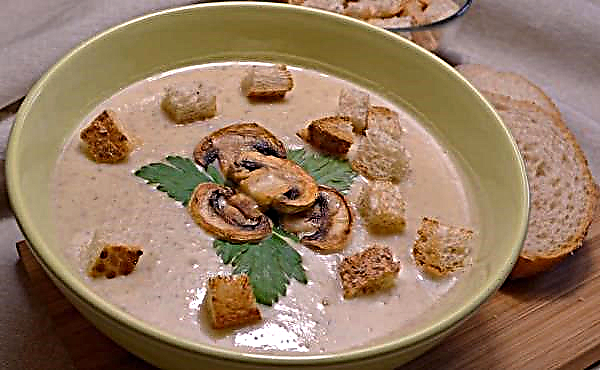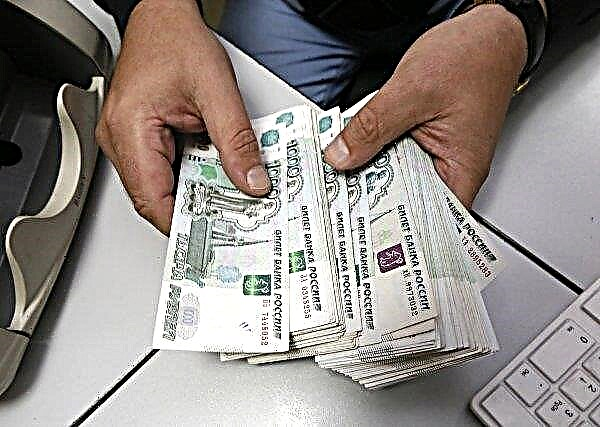Kenya is reviewing its 2012 ban on the cultivation of genetically modified corn, as more than 1 million of its citizens need urgent humanitarian food assistance due to prolonged drought.
“In the next one or two months, we will decide on the future ban,” said Professor Hamadi Mboga, chief secretary of the country's Ministry of Agriculture, which oversees agricultural research.
The decision will determine whether Kenya's farmers will ultimately be able to access and plant improved genetically modified (GM) seeds. Food security issues are on the agenda of government meetings.
Studies show that the demand for corn as a staple product is growing, and the country's population is 48 million people. According to forecasts, one person consumes one bag of corn per year, and demand quickly exceeds supply. Professor Mboga associates low corn production with droughts, pests and diseases.
“We produce two metric tons of corn per hectare, while the world standard is 12 metric tons per hectare,” the professor said, explaining why Kenya is currently studying biotechnology as a means of increasing production and food security.
Kenya has already completed GMO corn confined field trials (CFT). The crop will move to the National Performance Testing (NPT) stage after it is approved by the relevant state regulatory authorities.



